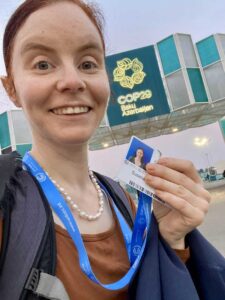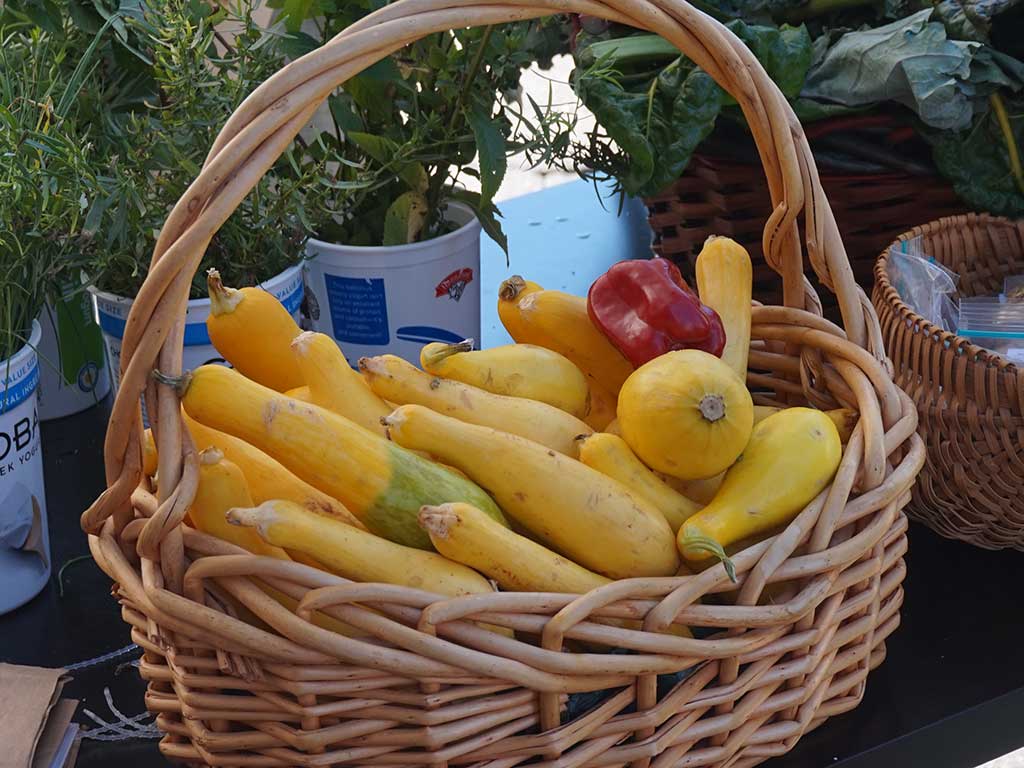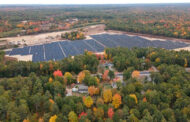We’re All in This Together
COP29
By Dr. Susana Hancock

In the final meeting with ministers at COP29, the UN Climate Change conference in Baku, Azerbaijan, I was numb. I didn’t know how to comprehend what I had just witnessed. Evans Njewa, Malawi’s Chief Environmental Officer, had just announced that the presidency failed to consult constituencies comprising 89 of the most climate vulnerable countries before presenting a decision that was dreadfully inadequate. The countries walked. As a COP veteran, I’ve seen this before. While I was grateful Njewa finally drew the necessary red line, I was outraged by the process.
This was hardly the first such incident in Baku. One constituency had stalled an entire negotiation stream from the evening opening. Later, a petrostate negotiator laughed at another’s tears. For 13 days, I was stuck in the firing zone of raw emotions between negotiators and ministers fighting for their lives and those fighting for their lifestyles.
Under the Paris Agreement, COP meetings operate on consensus. Theoretically, each country, whether the United States, Fiji, or Ghana, is equal. Texts only get adopted with 100% approval: no majority rule. While this can work with honest actors and is still the best international system we have, it provides significant latitude for self-interest.
As a climate scientist, my invitation to the UN meetings is foremost to advise ministers and negotiators. What processes are at play in sea level rise? When will High Mountain Asia run out of water? However, with the US election just before COP29, I was also keenly attuned to the so-called wrecking ball diplomacy of certain countries whose economies are heavily dependent on fossil fuels and pondered the future involvement of my own country.
Maine Won’t Wait Plan
As the largest historical emitter, the US is highly influential in COP processes – and not always for the right reasons. While the US delegation, led by climate envoy John Podesta, aimed to enshrine the country’s transition away from fossil fuels, the reality is that states will assume more responsibility under the forthcoming administration.
In the waning days of COP29, the Maine Climate Council released its updated Maine Won’t Wait plan. More towns have their own climate plans. As part of the governors’ US Climate Alliance, with both representatives on environmental caucuses, and as the only state with both US senators in the bipartisan Senate Climate Solutions Caucus, Maine can have a strong influence in the country’s direction.
Regardless of the country’s leadership, it’s not just Maine that Won’t Wait, the rest of the world can’t wait.
Dr. Susana Hancock is an internationally recognized climate activist and transdisciplinary polar scientist. When not traveling around the world [by train], she spends half the year in mid-coast Maine where she volunteers with Citizens’ Climate Lobby and has founded her own climate organization.





